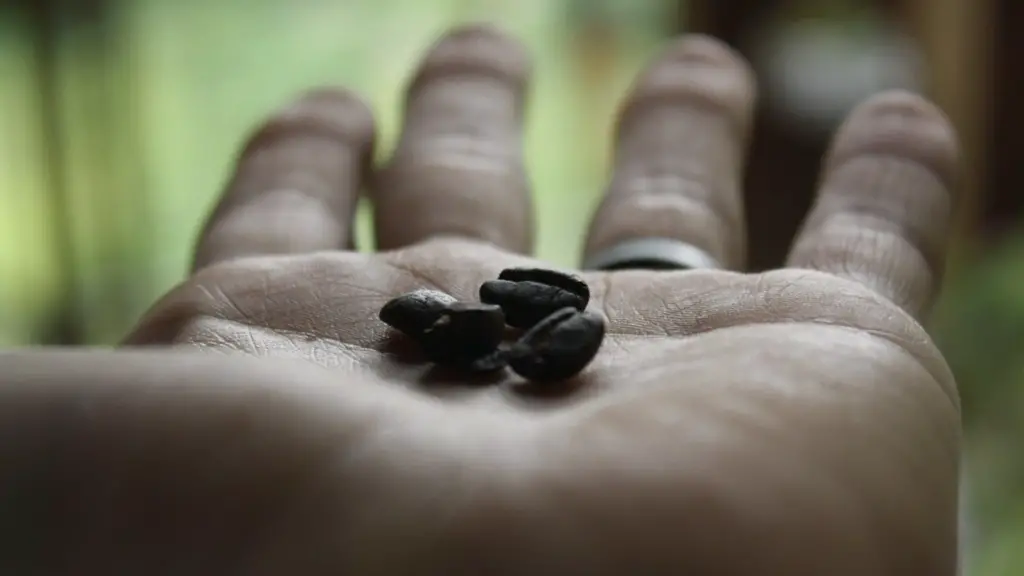Coffee is much more than a morning beverage. This universally beloved drink has energized generations. For others, it’s an afternoon pick-me-up. It has also been subject to its fair share of debate and speculation. Is coffee fattening?
There seems to be conflicting evidence between coffee and weight gain. In many popular diets, coffee is allowed, and some people even claim it helps them lose weight. But then, there have been studies that suggest carbohydrates and other unhealthy ingredients added to coffee drinks could cause weight gain in some people.
Let’s examine the evidence so far. A 2015 study published in the American Dietetic Association’s Journal of the Academy of Nutrition and Dietetics observed 2,500 American adults. After analyzing energy consumption and activity levels, researchers found that those who drank coffee gained less weight over 4 years than those who abstained from drinking coffee. This suggests that moderate coffee consumption may not be linked to weight gain.
In another analysis, researchers from the Harvard School of Public Health analyzed the diet of 126,000 men and women for 12-18 years. They determined that drinking up to 6 cups of coffee a day is not associated with any weight gain.
So, what could explain these conflicting messages? It could be that different people react differently to coffee. After all, tastes and metabolisms can vary. Some people might add milk, sugar, and other ingredients to their coffee. Unhealthy ingredients, such as creamers, syrups, and sugars, can contribute to weight gain. Alternatively, someone might drink their coffee black. In that case, they might not gain any weight.
It could also be that the type of bean used to make the coffee affects how fattening the beverage is. According to Dr. Reginald Bell from the New York Center for Functional Medicine, darker beans contain more substances like caffeine, which can increase metabolism. As a result, these beans could be linked to weight loss—especially when consumed in moderate amounts.
Having said all this, the main takeaway for most people is that unprotected and unhealthy amounts of coffee can lead to weight gain. That doesn’t mean you should never enjoy a cup of coffee. A cup or two a day may not be a problem. However, if you add unhealthy ingredients, then you could put on weight. If possible, it’s best to avoid adding sugar, cream, and other unhealthy ingredients.
Caffeine and Weight Gain
Caffeine, the main active ingredient of coffee, is one of the most commonly used stimulants in the world. Studies have found that it can have different effects on people. A study analyzed the relationship between caffeine consumption and weight gain in adults. Researchers found that consuming small amounts of coffee can speed up metabolism slightly but not enough to affect weight.
Coffee consumption has also been linked to appetite. For instance, some studies suggest that drinking coffee can reduce hunger pangs and stimulate satiety. Though scientists aren’t completely clear on why this is, it is possible that coffee consumption can help with weight management.
It is worth noting that the amount of caffeine in coffee can vary widely based on the type of bean used and the method of production. So, it is important to consider the amount of caffeine you get when drinking coffee. Most experts agree that making coffee in cold water can reduce the amount of caffeine in the beverage.
Health Benefits of Coffee
While it is important to consider the potential health risk of coffee consumption, studies suggest that coffee can have several health benefits. Firstly, at least three studies have linked moderate coffee consumption to a lower risk of type-2 diabetes, Alzheimer’s, Parkinson’s, and other age-related cognitive decline. The antioxidants and other compounds in coffee may be responsible for this.
Secondly, drinking coffee is linked to increased energy levels and improved alertness. Lastly, there is evidence of protective effects against certain types of cancer, such as liver and prostate cancer.
Negative Effects of Coffee
Unfortunately, coffee can also have negative effects on your health. Too much caffeine can increase anxiety levels and make it harder to concentrate on daily tasks. The stimulant can also increase blood pressure and cause insomnia in some people. That is why it is important to limit your intake to no more than two cups a day.
It is also important to be aware of the hidden calories in your cup of coffee. Studies have found that people consume more calories from coffee than they think. Sweetened drinks, flavoured syrups, and creamers can add sugar and calories to any coffee beverage. When consumed in large quantities, these additives can cause weight gain.
Concluding Thoughts
Overall, the answer to the question of whether or not coffee is fattening is not as straightforward as it might seem. Coffee itself does not contain any calories, and it is possible that drinking coffee might not be linked to weight gain. However, high-calorie additives, such as sugar and cream, can certainly contribute to weight gain. That is why it is important to limit your intake of coffee and select healthier options.



